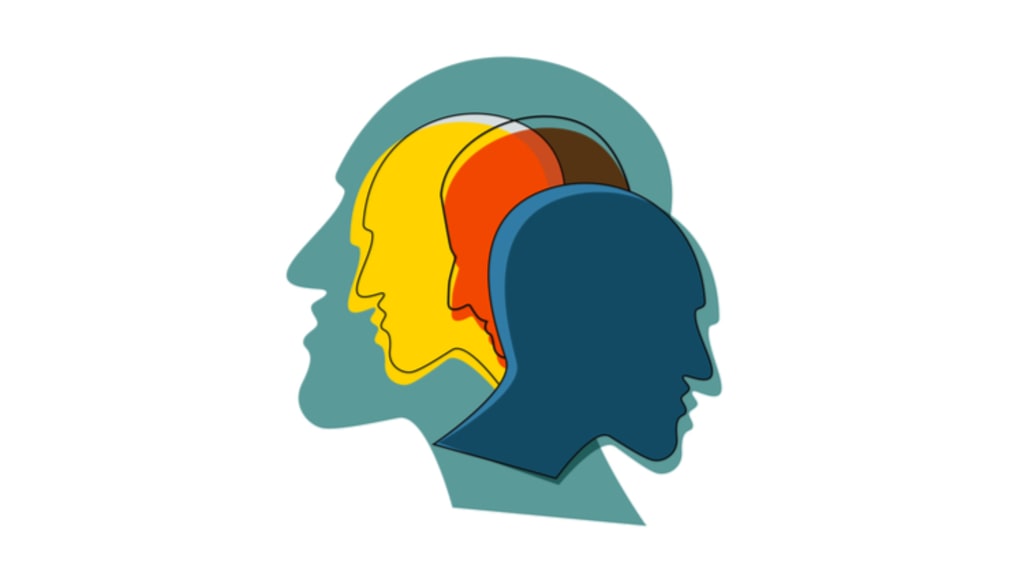
Obsessive-Compulsive Personality Disorder (OCPD) is a type of personality disorder characterized by a preoccupation with orderliness, perfectionism, and control. People with OCPD often have difficulty expressing emotions, have a rigid adherence to rules and procedures, and have a tendency to be inflexible in their thinking. These traits can make it challenging to diagnose OCPD, and finding the right therapist to treat it can be even more challenging. In this article, we'll explore the difficulties of diagnosing OCPD and how to find the best therapist in Bangalore to help with treatment.
Diagnosing OCPD can be challenging for several reasons. First, the symptoms of OCPD are often similar to those of other personality disorders, making it difficult to distinguish between them. Second, people with OCPD often don't realize that their behavior is abnormal or problematic, so they may not seek help. Third, people with OCPD may not seek treatment because they feel that their behavior is beneficial, even if it causes problems in their personal and professional lives.
Some of the symptoms of OCPD include a need for perfectionism, inflexibility, an excessive devotion to work, and difficulty making decisions. People with OCPD may also have a preoccupation with details, a need for control, and an inability to delegate tasks to others. These traits can cause problems in relationships, work, and other areas of life, and can lead to feelings of frustration and anxiety.
To diagnose OCPD, a mental health professional will typically conduct a thorough assessment, which may include interviews with the patient, psychological testing, and a review of the patient's medical history. The diagnostic process can be complicated, as some of the symptoms of OCPD may also be present in other mental health conditions, such as obsessive-compulsive disorder (OCD) or anxiety disorders. As a result, it is crucial to find a mental health professional who has experience working with OCPD and who can accurately diagnose the condition.
Finding the right therapist is crucial for treating OCPD. Therapy can help people with OCPD to identify problematic behaviors and thought patterns and learn new coping skills to manage them. However, finding a therapist who is a good fit can be challenging, particularly in a city like Bangalore, which has a large number of mental health professionals to choose from. Here are some tips for finding the best therapist in Bangalore for OCPD:
Look for a therapist with experience treating OCPD: When looking for a therapist, it's essential to find someone who has experience treating OCPD specifically. Ask potential therapists about their experience working with OCPD and what treatment methods they use.
Consider the therapist's approach: Different therapists use different approaches to therapy. Some therapists may focus on cognitive-behavioral therapy (CBT), while others may use psychodynamic therapy. Consider which approach you feel most comfortable with and look for a therapist who uses that approach.
Check the therapist's credentials: Make sure that any therapist you consider has the proper credentials and licensing to practice in Bangalore. You can check with the Karnataka State Mental Health Authority to verify a therapist's credentials.
Read reviews: Look for reviews of potential therapists online, either on their website or on third-party review sites. Reading reviews can give you an idea of what to expect from a therapist and can help you make an informed decision.
Consider the cost: Therapy can be expensive, so it's essential to consider the cost when choosing a therapist. Some therapists may offer sliding scale fees based on income, while others may accept insurance. Make sure you understand the costs involved before committing to a therapist.
When you've found a therapist you're interested in working with, it's essential to schedule an initial consultation. During this consultation, you can ask the therapist questions about their experience treating OCPD, their approach to therapy, and their expectations for treatment. You can also discuss any concerns or questions you may have about therapy and get a sense of whether the therapist is a good fit for you.
It's important to remember that therapy is a collaborative process, and finding the right therapist may take time. If you don't feel comfortable with a therapist after a few sessions, it's okay to look for someone else. Therapy is a personal and individualized process, and finding the right therapist can make a significant difference in the success of treatment.
In addition to therapy, there are other treatment options available for OCPD, such as medication and self-help strategies. However, these treatments are usually used in combination with therapy and should only be prescribed by a qualified medical professional. It's essential to talk to your therapist and medical doctor about any treatment options you may be considering.
Self-help strategies for OCPD may include mindfulness practices, exercise, and stress management techniques. These strategies can help people with OCPD manage their symptoms and improve their overall well-being. However, it's important to remember that self-help strategies are not a substitute for therapy and should be used in conjunction with professional treatment.
In conclusion, diagnosing and treating OCPD can be challenging, but with the right therapist and treatment approach, people with OCPD can manage their symptoms and improve their quality of life. When looking for the best therapist in Bangalore, it's essential to consider the therapist's experience with OCPD, their approach to therapy, their credentials, and the cost of treatment. Remember that therapy is a collaborative process, and finding the right therapist may take time. With patience and persistence, you can find the right therapist to help you manage your OCPD and improve your overall well-being.





Comments
There are no comments for this story
Be the first to respond and start the conversation.